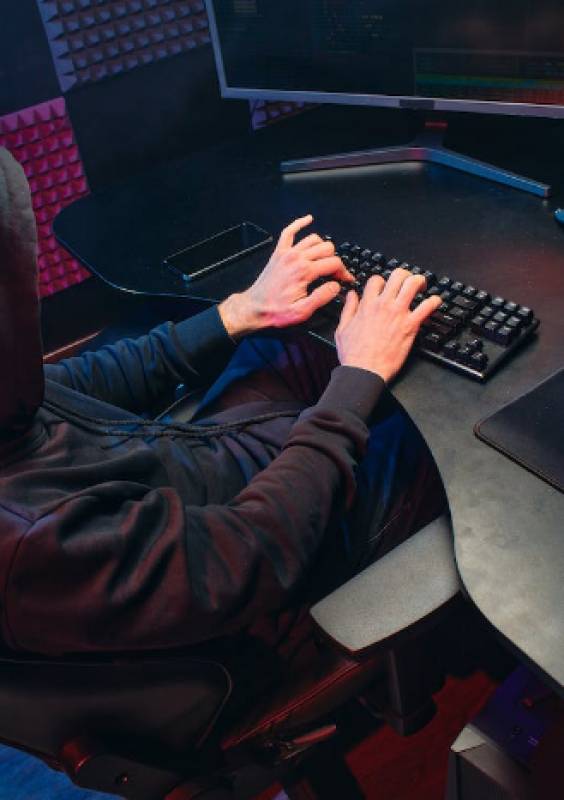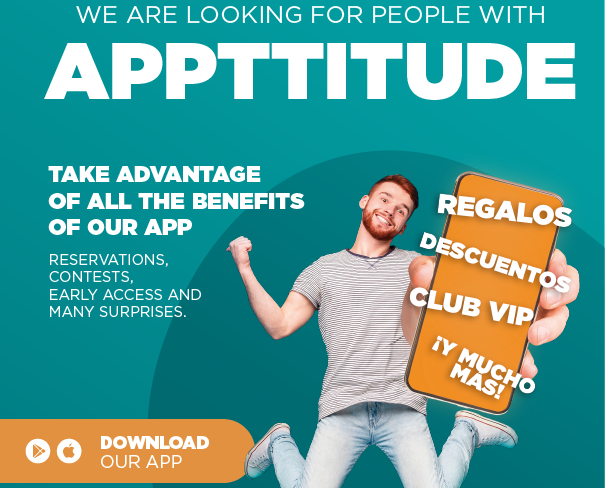- Region
- Águilas
- Alhama de Murcia
- Jumilla
- Lorca
- Los Alcázares
- Mazarrón
- San Javier
-
ALL AREAS & TOWNS
- AREAS
- SOUTH WEST
- MAR MENOR
- MURCIA CITY & CENTRAL
- NORTH & NORTH WEST
- TOWNS
- Abanilla
- Abarán
- Aguilas
- Alamillo
- Alcantarilla
- Aledo
- Alhama de Murcia
- Archena
- Balsicas
- Blanca
- Bolnuevo
- Bullas
- Cañadas del Romero
- Cabo de Palos
- Calasparra
- Camping Bolnuevo
- Campo De Ricote
- Camposol
- Canada De La Lena
- Caravaca de la Cruz
- Cartagena
- Cehegin
- Ceuti
- Cieza
- Condado de Alhama
- Corvera
- Costa Cálida
- Cuevas De Almanzora
- Cuevas de Reyllo
- El Carmoli
- El Mojon
- El Molino (Puerto Lumbreras)
- El Pareton / Cantareros
- El Raso
- El Valle Golf Resort
- Fortuna
- Fuente Alamo
- Hacienda del Alamo Golf Resort
- Hacienda Riquelme Golf Resort
- Isla Plana
- Islas Menores & Mar de Cristal
- Jumilla
- La Azohia
- La Charca
- La Manga Club
- La Manga del Mar Menor
- La Pinilla
- La Puebla
- La Torre
- La Torre Golf Resort
- La Unión
- Las Palas
- Las Ramblas
- Las Ramblas Golf
- Las Torres de Cotillas
- Leiva
- Librilla
- Lo Pagan
- Lo Santiago
- Lorca
- Lorquí
- Los Alcázares
- Los Balcones
- Los Belones
- Los Canovas
- Los Nietos
- Los Perez (Tallante)
- Los Urrutias
- Los Ventorrillos
- Mar De Cristal
- Mar Menor
- Mar Menor Golf Resort
- Mazarrón
- Mazarrón Country Club
- Molina de Segura
- Moratalla
- Mula
- Murcia City
- Murcia Property
- Pareton
- Peraleja Golf Resort
- Perin
- Pilar de la Horadada
- Pinar de Campoverde
- Pinoso
- Playa Honda
- Playa Honda / Playa Paraíso
- Pliego
- Portmán
- Pozo Estrecho
- Puerto de Mazarrón
- Puerto Lumbreras
- Puntas De Calnegre
- Region of Murcia
- Ricote
- Roda Golf Resort
- Roldan
- Roldan and Lo Ferro
- San Javier
- San Pedro del Pinatar
- Santiago de la Ribera
- Sierra Espuña
- Sucina
- Tallante
- Terrazas de la Torre Golf Resort
- Torre Pacheco
- Totana
- What's On Weekly Bulletin
- Yecla


- EDITIONS:
 Spanish News Today
Spanish News Today
 Alicante Today
Alicante Today
 Andalucia Today
Andalucia Today
article_detail
Prevent identity theft with these top tips from the experts at Grupo Telecable
Identity theft is a growing problem in Spain but this costly scam can be avoided with a few simple tricks

In this age of almost constant smartphone and internet use, identity theft is becoming more and more common and the scammers increasingly clever and sophisticated. Having your personal information compromised isn’t only discomfiting but it can cost you dearly, so it’s more important than ever to know how to protect yourself – and your data – from identity thieves.
Luckily, the experts at Grupo Telecable, the leading communications experts in Murcia and Alicante, are on hand with advice on how to spot a scammer and, crucially, how to avoid them.
How can my identity be stolen?
Cyber criminals in Spain have come up with countless ways to gain unauthorised access to your sensitive data. Here are a few of the most common:
- Access to accounts: To glean personal information scammers often use a tactic called phishing, which involves sending fake emails that at first glance appear to be from your bank or another official source. Gone are the days of clumsy spelling and typos and now these false messages can be very convincing. They typically ask their victims to click on a link to an external website which gives scammers full access to your personal information and sometimes can even allow malicious code to be installed on your device.
- Fake profiles: Social media users beware: here, the scammers duplicate your online profile and use it to beg money from your ‘friends’ and carry out other fraudulent activities. They have a variety of ways of getting their hands on your information, including phishing and using illegally captured credit card details.
How do I know if my identity has been stolen?
If you suspect that a scammer has accessed your personal data it’s important to act quickly. Here’s how you can recognise identity theft:
- Check your bank statements for any transactions that haven’t been made by you.
- You receive messages on your phone or social media account from people you don’t know.
- Friends or acquaintances receive messages or emails from you that you never sent.
- You receive sign-in alerts from areas or devices that you have not used to log on.
- A debt collector contacts you for payment of an expense you didn’t contract.
- Your bank credit allowance or overdraft increases without your authorisation.
- Small charges or balance increases appear on your online banking, only to suddenly vanish a few hours later.
How do I report identity theft?
Identity theft is a serious crime and when it comes to combatting it time is of the essence. Suspected illegal activity should be reported to the authorities immediately to protect your personal information. If you believe someone is impersonating you, this is what you should do:
- Contact the police and provide as much information and proof as possible, such as copies of emails, bank statements or screenshots of suspicious notifications and log-ins.
- If your social media account has been hacked, let the administrators know so that they can work with the police on tracking down the culprit.
- You can also contact the Spanish Data Protection Agency (AEPT) who will investigate the data breach.
How can I prevent identity theft?
If you wish to protect yourself against identity theft, please follow this security advice from Grupo Telecable:
- Remember that banks and other official entities never request personal information like PIN or account numbers via email. If you receive such an email, don’t open it or follow any links and report it to the authorities.
- Staying with scam emails, check the sender’s address as when the correspondence is fake, it will usually display an email address unrelated to the legitimate company.
- Avoid suspicious websites – many internet browsers now advise you if the site you’re navigating to is potentially dodgy.
- Use strong passwords with a mixture of numbers, letters and special characters and avoid using personal passwords, like your birth date, that could be easy to guess. Change your PINs regularly, and immediately if you suspect your account has been accessed.
- Be careful of how much personal information you share online.
- Stay up to date and seek security advice from trusted sources, such as the Internet User Security Office and other specialised IT security institutions.
A range of tips and information for your devices can be found on the Telecable website.
Image: Pexels













